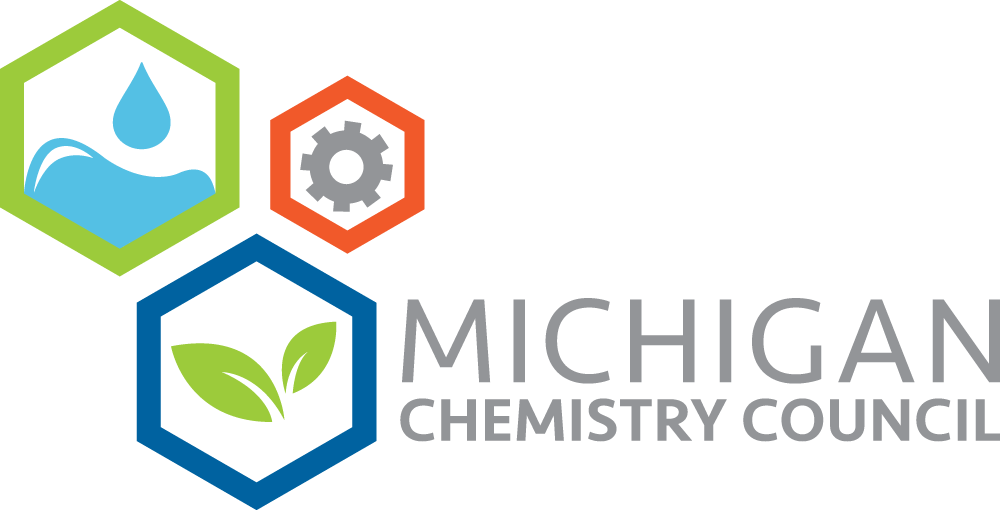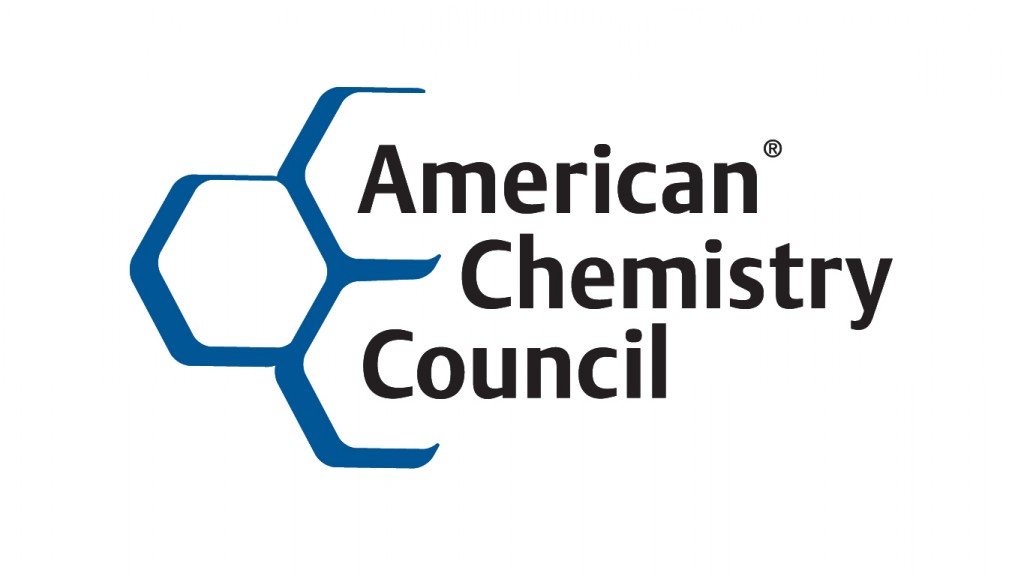Imagine if every time you stopped to buy gas, you spilled two gallons for every one you put in the tank. That’s exactly what happens with energy wasted at factories and power plants across Michigan and the rest of the country: for every barrel of oil or ton of coal burned to generate power, two-thirds of the potential energy is lost – enough energy lost nationwide to power the entire country of Japan.
What if we could capture that lost energy and use it, thereby increasing the efficiency of Michigan’s power plants and factories? Well, there are commercial technologies that do just that; they capture waste energy, the best clean energy source available. Combined heat and power (CHP) produces both heat and power from a single source of fuel, which provides double the efficiency of traditional power generation. Waste heat to power (WHP) captures waste heat that would typically be vented from an industrial facility and uses it to make electricity without additional fuel or emissions. Both of these “cogeneration” technologies dramatically lower energy use, emissions, and costs; thereby creating jobs, increasing private investment, and improving the competitiveness of Michigan businesses.




